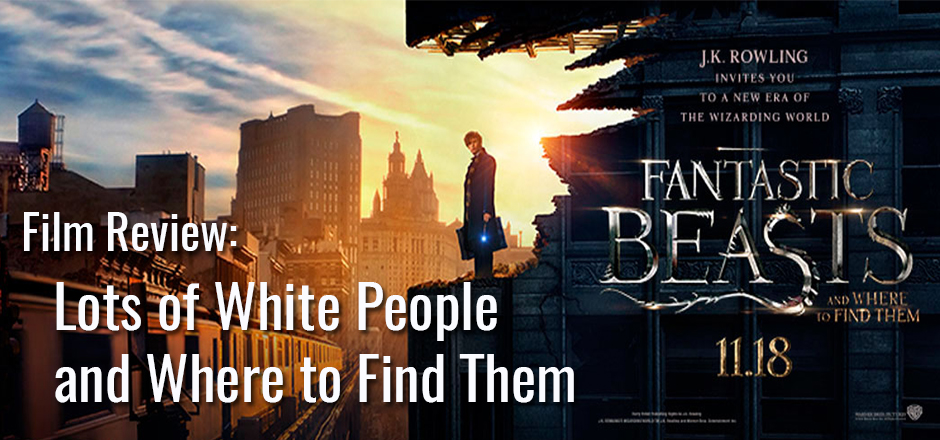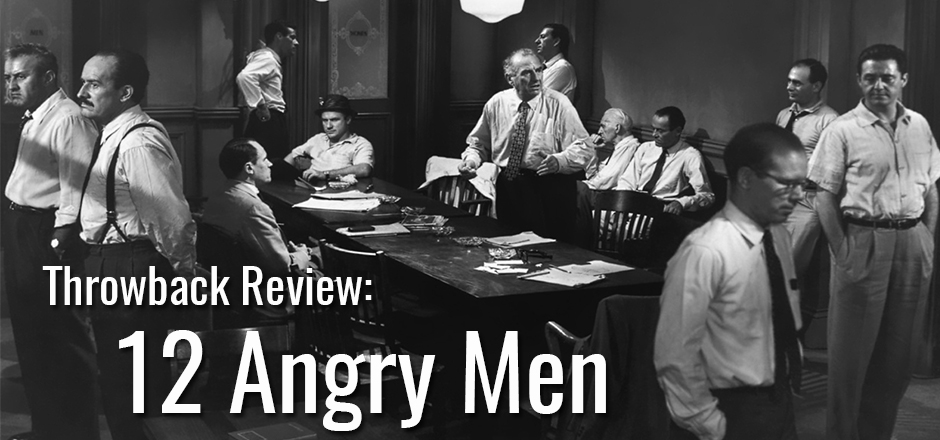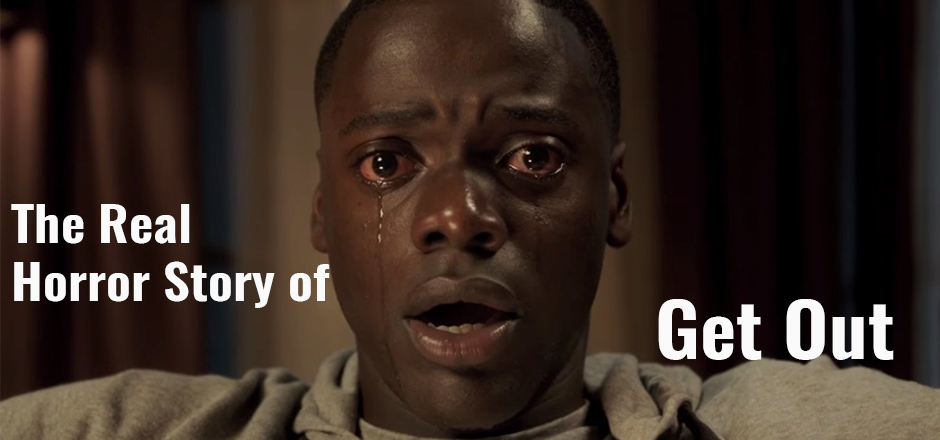This post is dark and full of spoilers.
Fantastic Beasts and Where to Find Them is a movie with a lot going on. It easily fits into the Harry Potter universe created by the first eight movies, and the magic and special effects are beautiful. It introduces magical creatures we’ve never seen before who are as charming and adorable as Eddie Redmayne. But beneath the spectacle was a movie I found wholly forgettable.
Going in, I was nervous about representation in this movie. The Harry Potter films have been criticized for being extremely white, especially considering Hogwarts should represent people from all over the United Kingdom. And the main characters in this film, Newt Scamander, Tina, Jacob Kowalski, and Graves, are all cis white people. The two romances that blossom in the film are heterosexual.
The shots of New York City show a sea of white faces. It was a pleasant surprise, then, that the president of the Magical Congress of the United States of America (MACUSA) was actually a black woman. And there were some scenes within MACUSA that showed diverse witches and wizards from all over the world. Teams of Aurors, too, seem to be made up of men and women of all different backgrounds, which was a refreshing take on authority figures that are usually seen as faceless white men in suits.
However, there was some female representation in the movie that was just tired. When we first meet Queenie, Tina’s sister, she is putting on a dressing gown with a knowing smile while Kowalski gapes at her. It almost made me groan out loud.
Tina and Queenie also fit a little too well into stereotypes about one sister being stolid, plain, and practical, and the other being beautiful, flighty, and domestic. They do love each other and each is talented and intelligent in her own way, but I’m sick of seeing movies with friction between the smart sister and the pretty sister, as if those are the only two traits that can motivate any human being.
I believe a lot of people could identify with a character named Credence. He was adopted into an abusive household by a woman who is fanatically anti-magic. She forces her adopted children and many street urchins to pass out flyers for Second Salem, advocating for witch hunting.
[blocktext align=”center”]SPOILERS BELOW.[/blocktext]
It’s no surprise then that Credence, a wizard, has suppressed his magic. It turns out that wizards and witches who suppress their magic create a dark force that can hurt themselves and others. This isn’t totally new information, and fans are speculating that this is what happened with Dumbledore’s sister Ariana as well. It’s said that children who do this don’t live past the age of 10 or 11, but Credence has made it to young adulthood.
Graves, played by Colin Farrell, takes advantage of Credence because he can sense the deep longing within him to belong. Graves thinks Credence is a squib and has no idea that he’s an Obscurial (the term for wizards suppressing their power).
The idea of pushing down your true self to try to belong or to hide from abuse until your secret hurts you and those around you is not new. It’s a painful reality to people from many marginalized populations. My heart went out to Credence, especially because of the truly magnificent performance of the character by Ezra Miller.
[blocktext align=”center”]END SPOILERS.[/blocktext]
Second Salem, too, is an apt metaphor for the violence that can arise from fanaticism and bigotry. Given the current political climate, the hate speech spewing from anti-wizard people gave me chills because it’s suddenly so familiar.
And this inevitably brings me to the Johnny Depp problem. As I wrote last week, I wasn’t even sure if I was going to see Fantastic Beasts because I’m so disappointed by the casting of Johnny Depp as Grindelwald. I rationalized that I could see the first one because I had already agreed to review it, and because I had set up a social outing around it. I also figured that Johnny Depp wouldn’t be in this one because it was said he was going to be in the sequel.
But he does have a cameo in Fantastic Beasts, and it made me more frustrated than ever. Without giving too much away, it’s revealed that Grindelwald can live, possibly without Polyjuice Potion, looking like someone else for an extended period of time. When he was revealed in his true form, he was heavily made up and said a few words before disappearing again.
Grindelwald can take on another form. There’s your excuse to cast another actor.
They want someone who’s talented and interesting to carry this part, but he was barely onscreen in this film. So re-shoot it with another actor.
There are lots of talented actors out there who have not been accused of abuse. This film centered around the horrific abuse of Credence, and yet one of the top-billed roles is being played by someone who allegedly perpetrated similar acts.
There would be many, many ways to write the script to involve someone else, and maybe even a non-white actor. The sheer scope of the Harry Potter fanbase means that the creators of this film could send a powerful message of inclusion to many people, a chance that so far they’ve decided not to take.
So I went away from the film feeling mostly disappointed. I liked the cute magical creatures and the dialogue could be charming. But I didn’t feel like I saw anything new. It was a very straightforward action movie that unfurled in a universe I have come to love, but it didn’t bend any of the traditions of action movies that involve mostly straight white men in the plot.
There’s nothing very magical or fantastic about that.
—
Laura Jewell writes for Girls in Capes and has a BA in Theatre from Miami University. She currently lives in Chicago and enjoys many fandoms, including her favorites Harry Potter and Doctor Who. Her favorite weekend pastime is curling up with a book and her fifteen-pound orange cat, Orange Cat.






